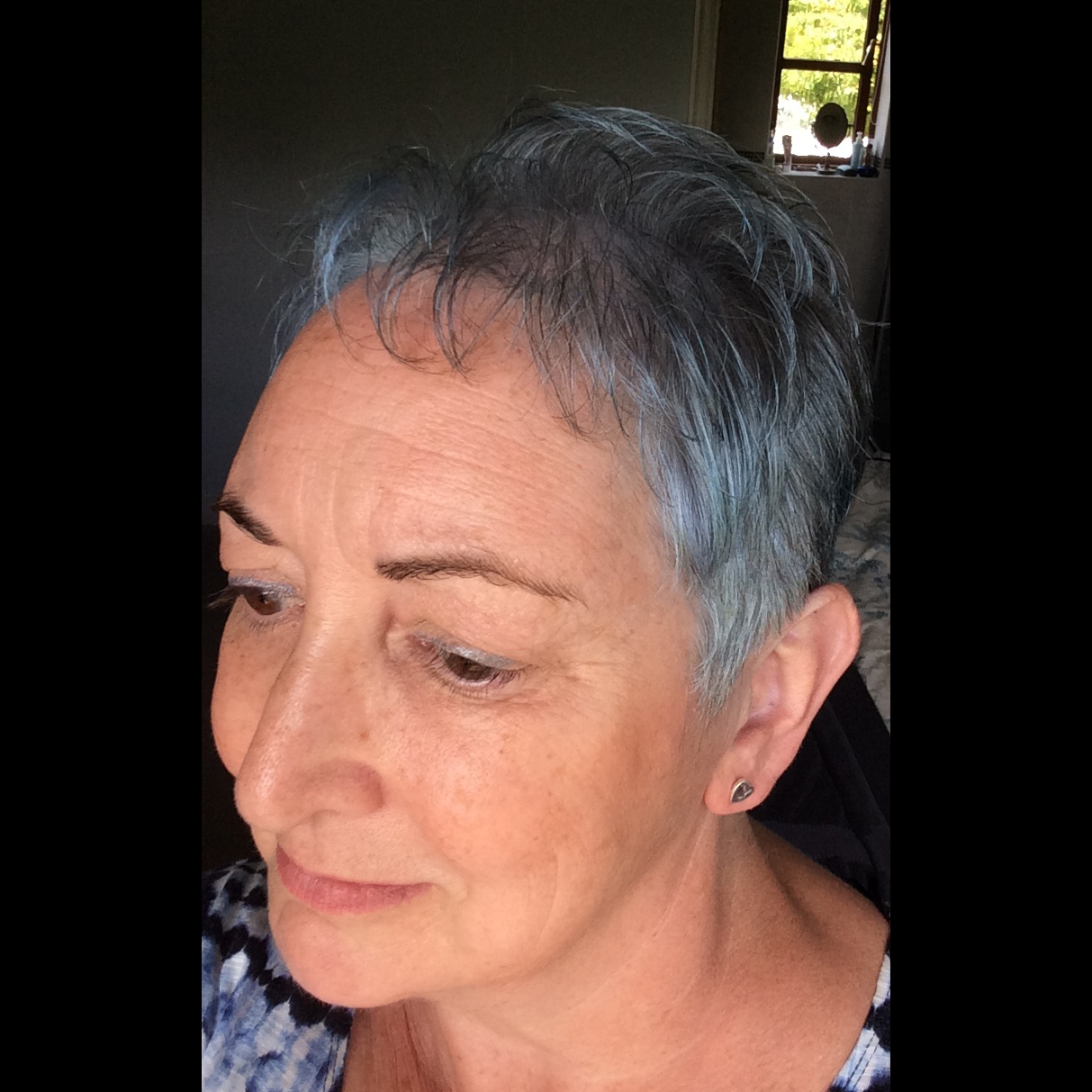I've recently had an change of heart about the nature of ADHD.
I despised my ADHD and I genuinely didn't believe that the positives come close to making up for the negative. I believed that ADHD is awful. I could see that every cloud has a silver lining and couldn't deny its positive aspects, but I hated it. I didn’t personally feel that the positives outweighed the negatives. My symptoms were quite severe and it was only quite recently that I had managed to get a handle on them. I thought that maybe I would start appreciating my ADHD more as I continued to control the negative aspects of my ADHD and cultivate the positive ones. I certainly hoped so.
Then something changed. I was volunteering at a dyspraxia conference where I was sparked a conversation with an occupational therapist.
While discussing the nature of ADHD, I struggled to find a word to describe ADHD (mental illness? mental disorder?), so I asked her how she would describe it as a professional.I don't remember exactly how she described it but she focused on the biological aspect of ADHD, ie, ADHD brain actually look and function differently.
Now I had known that ADHD causes actual differences in the brain but her word made me fully realise the implications. I came to understand that ADHD isn't an inherent negative as 'illness' or 'disorder' would imply. Rather, my brain is just different, which isn't explicitly good or bad.
My entire perspective shifted. Dealing with ADHD was no longer about simply dealing with the negatives but also cultivating the positive. I started seeing ADHD more like a beta release of a software. More features but also with bugs. So if we learn to deal with the bugs, we could have an advantage. I've experienced a qualitative change in my perspective and attitude.
So here are my views on ADHD and the positives, from my new point of view.
ADHD is a condition changes how your brain functions. It can causes a variety of effects, which are initially negative however, can be reconstituted into something positive.
Humour
From my experience, people with ADHD tend to be funny/ have a good sense of humour. The former seems to be from the rapid connects that are always happening in our heads (for an example, look for the quick thinking and witty works of the comedian Lee Mack).
Spontaneity
This one is especially true for people with Predominantly Impulsive-Hyperactive type of ADHD. If we learn to control our impulsiveness and manifest it as spontaneity, we become the natural life of the party.
Empathic
Due to the heightened emotional sensitivity that comes with ADHD, people with ADHD tend to be quite empathic. Add on top of that the tempering we get from our own difficult experiences, and we can become quite open minded and compassionate.
Creativity
Like the humour, this seems to come from our ability to make rapid connections. Infact, there has been a study done on it that shows that kids and adults with ADHD do tend to be more creative than their neurotypical counterpart. Added on top of that is our ability to think outside the box, and you find the creativity manifesting in many different ways.
Hyperfocus
Hyperfocus is the phenomenon experienced by certain people with ADHD when we experiences long bouts of concentration of a single task or topic. As ADHD can more accurately be described as an inability to manage focus (rather than the misleading ‘attention deficit’), when we like something, we might be able to concentrate on it for a long time. While the ability to hyperfocus is not under our perfect control, you will find many entrepreneurs who thank it for their success.
Lasting thoughts
ADHD is a condition, which is neither inherently positive nor negative. However, having a condition that isn’t fully understood in a world designed for neurotypicals, we can have a hard time adjusting. However, with a lot of hard work and a help from our neurotypical friends and family, we can reclaim these traits and turn them into advantages.



